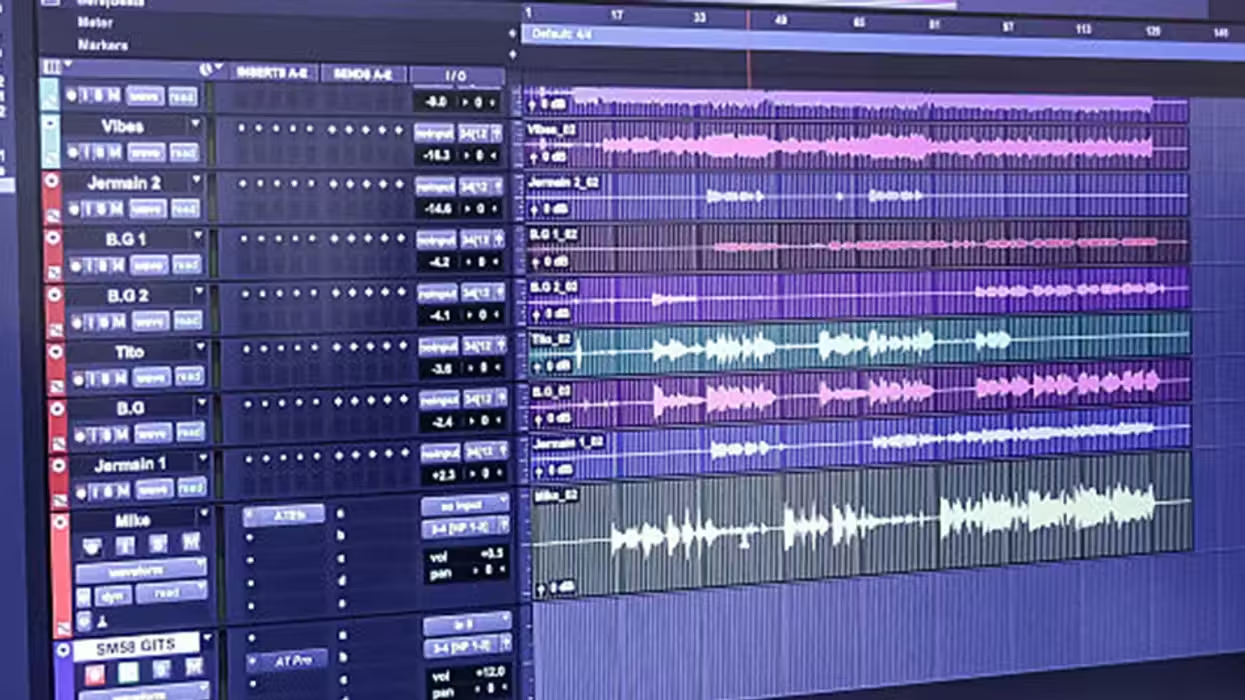CANBERRA, Australia (AP) — Two senior lawmakers in Australia's ruling Labor Party said their party had lost the national election Saturday, backing analysts and exit polls, and signaling a sweeping victory for the conservative opposition was all but certain.
A victory for the Liberal Party-led coalition would come despite an apparent lack of overwhelming enthusiasm for opposition leader Tony Abbott, and would mean an end to six years of rule by the center-left Labor Party, which has been marred by relentless infighting that left the public frustrated and disillusioned. Once popular Prime Minister Kevin Rudd's party has also struggled to win over voters angered by a deeply unpopular tax on carbon emissions that many blame for steep increases in power bills.
Health Minister Tanya Plibersek told Australian Broadcasting Corp. television that after 13 percent of the votes had been counted, her government's loss was no longer in doubt.
"I am a cautious person by nature, but I think that it's pretty clear it's a matter of the size of the victory" for the coalition," Plibersek said.
 A woman points at Australia's opposition leader Tony Abbott while he waits to cast his vote at Freshwater Surf Life Saving Club polling station in Sydney, Australia, Saturday, Sept. 7, 2013. Australians headed to the polls on Saturday in an election that pits a ruling party marred by infighting and a much-maligned carbon tax against a conservative opposition led by a man who has never been particularly popular and has long been polarizing. (AP)
A woman points at Australia's opposition leader Tony Abbott while he waits to cast his vote at Freshwater Surf Life Saving Club polling station in Sydney, Australia, Saturday, Sept. 7, 2013. Australians headed to the polls on Saturday in an election that pits a ruling party marred by infighting and a much-maligned carbon tax against a conservative opposition led by a man who has never been particularly popular and has long been polarizing. (AP)
Defense Minister Stephen Smith echoed that sentiment, saying on ABC: "Clearly, we've lost."
Plibersek's and Smith's concessions backed analysts and meant a coalition victory was a near certainty. Opinion polls and an early exit poll all predicted a resounding Liberal win.
A Sky News exit poll conducted by Sydney-based market researcher Newspoll showed the coalition was leading Labor 53 percent to 47 percent, and was expected to win 97 seats in the 150-seat House of Representatives. The poll results, unveiled 90 minutes before voting closed on Australia's east coast, were based on 1,000 interviews with voters in Labor swing seats across New South Wales and Queensland states. The poll did not give a margin of error.
An hour after polls closed on the east coast, Australian Broadcasting Corp. election analyst Antony Green said early counting suggested that Labor had been ousted. Early analysis of the results showed a shift toward the conservatives, he said, with the coalition appearing to have 75 seats — half the 150 seats in the House of Representatives. Labor appeared to have 42.
"The opposition is on a pretty secure 75 already. On that basis, they're going to get a majority," Green said. "So I think we can say the government has been defeated."
Rudd became the nation's most popular leader in three decades when he took on the top job in 2007. Now, his party is facing the prospect of an end to its six years in power amid voter frustration over years of party instability and bickering, and widespread hatred of a carbon tax on major polluters.
The carbon tax has long been a thorn in the side of the Labor Party. The previous prime minister, Julia Gillard, broke an election promise and agreed to impose the tax in a bid to form a coalition Labor needed to stay in power.
Labor required the support of the minor Greens party — which insisted on the tax — in order to have enough seats in Parliament to control government.
The deal helped lead to Gillard's downfall, and in June she lost her job to Rudd in a vote of party lawmakers. Gillard herself came to power by unseating Rudd in a similar party coup three years earlier.
The Gillard vs. Rudd drama and the squabbling between their camps left many voters disillusioned. To some former Labor supporters, Abbott — once dubbed "unelectable" by a former boss — was seen as the lesser of two evils.
Abbott has vowed to scrap the carbon tax and instead introduce taxpayer-funded incentives for polluters to operate cleaner.
Paul Perini, a pastor, walked out of a polling station in the Sydney suburb of Glebe on Saturday after voting for Labor — despite grudgingly acknowledging he believes Abbott would make a better prime minister than Rudd. Labor won his vote for its overall vision, though Perini said the party's chances at victory had unquestionably been hurt by the years of infighting.
"They should never have got rid of Rudd in the first place — they should have just chained him to the desk and put a gag around his mouth and just got on with business, " Perini said. "I don't know if that was possible and I think they should have stuck with Julia. But Rudd should have pulled his finger out and not played what I consider to be a destructive game."
Rudd cast his vote at a church in the Queensland capital, Brisbane, while Abbott voted at Sydney's Freshwater Surf Life Saving Club.
Abbott, a volunteer lifeguard, is often depicted by cartoonists wearing nothing but the red-and-yellow cap of an Australian lifeguard and Speedos. Men's swim briefs are known in Australia as "budgie smugglers" — a reference to the budgerigar, a small Australian parrot.
"I'm down here at Freshie Surf Club and you'll be pleased to see ... I'm in a suit, not in the budgie smugglers," Abbott told Nine Network television. "I sort of wish I was out there on the waves ... but Australia has a democratic duty to do today."
Abbott has long struggled to connect with women voters, with Gillard once calling him a misogynist and sexist in a fiery speech before Parliament. In a bid to improve his image, he introduced a paid maternity leave plan that would give mothers the taxpayer-funded equivalent of their salaries for six months. Yet the plan has proven divisive even within the Liberal Party, with some of Abbott's own allies dubbing it unaffordable.
Abbott and Rudd have also clashed over a tax on coal and iron ore mining companies. Abbott has promised to repeal the tax, which he blames in part for a downturn in the mining boom that kept Australia out of recession during the global economic crisis.
The 30 percent mining tax on the profits of iron ore and coal miners was designed to cash in on burgeoning profits from a mineral boom fueled by Chinese industrial demand. But the boom was cooling before the tax took effect. The tax was initially forecast to earn the government 3 billion Australian dollars ($2.7 billion) in its first year, but collected only AU$126 million after six months.

 A woman points at Australia's opposition leader Tony Abbott while he waits to cast his vote at Freshwater Surf Life Saving Club polling station in Sydney, Australia, Saturday, Sept. 7, 2013. Australians headed to the polls on Saturday in an election that pits a ruling party marred by infighting and a much-maligned carbon tax against a conservative opposition led by a man who has never been particularly popular and has long been polarizing. (AP)
A woman points at Australia's opposition leader Tony Abbott while he waits to cast his vote at Freshwater Surf Life Saving Club polling station in Sydney, Australia, Saturday, Sept. 7, 2013. Australians headed to the polls on Saturday in an election that pits a ruling party marred by infighting and a much-maligned carbon tax against a conservative opposition led by a man who has never been particularly popular and has long been polarizing. (AP)





